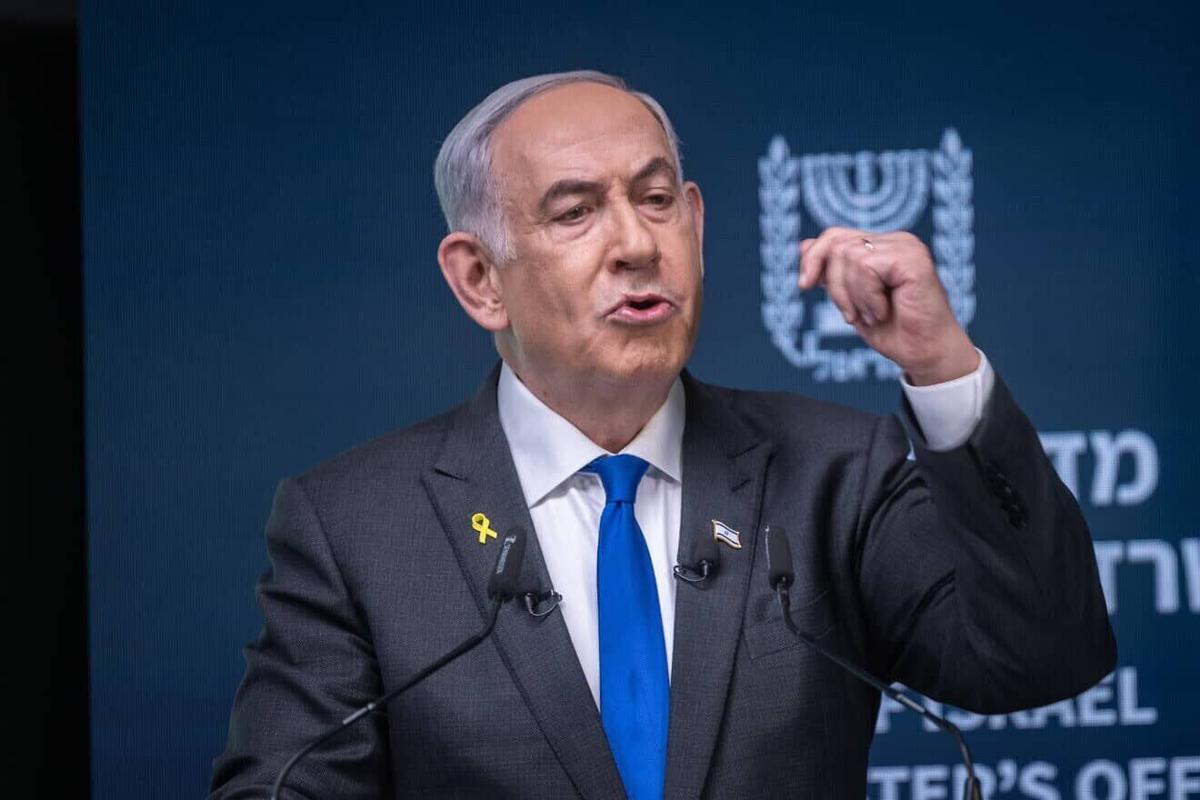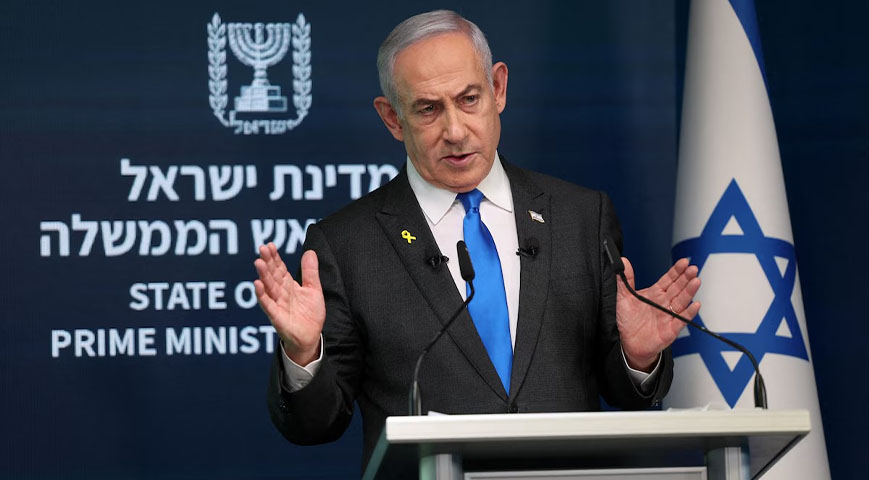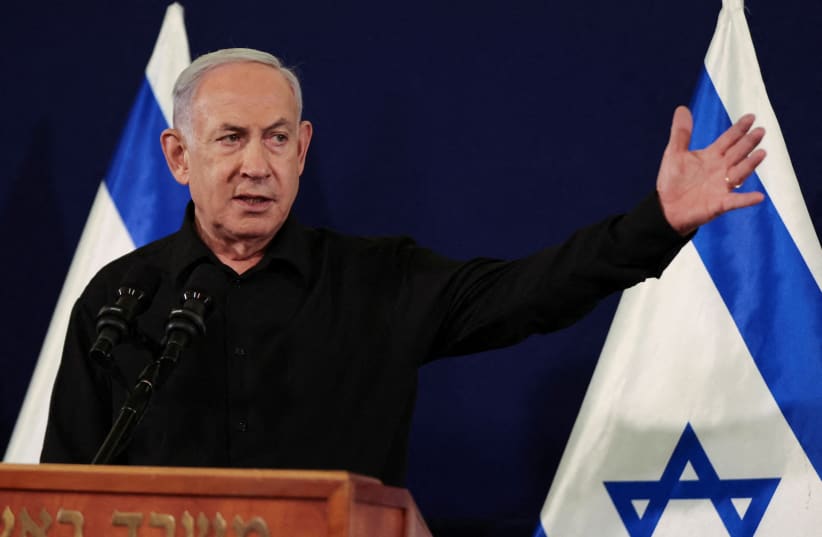Israeli Prime Minister Benjamin Netanyahu has firmly rejected calls for a ceasefire in Lebanon, citing security concerns over Hezbollah’s proximity to Israel's northern border.
Netanyahu emphasized that Israel would not accept a ceasefire that doesn’t establish a buffer zone free of Hezbollah fighters. This statement comes amid escalating tensions as Hezbollah threatens to expand its missile strikes across Israel.

Hezbollah’s deputy leader, Naim Qassem, responded with defiance, stating that the militant group has the right to target any location in Israel, especially after Israeli airstrikes hit various parts of Lebanon, including Beirut.
Did you read this?
Israeli forces reported that around 50 projectiles were launched from Lebanon toward northern Israel, but no casualties were reported.
The U.S. has criticized Israel's recent bombing campaign in Lebanon, particularly strikes on residential areas in Beirut. The U.S. government also demanded increased humanitarian aid to Gaza, warning that continued restrictions could lead to delays in arms deliveries to Israel.
Secretary of State Antony Blinken and Defense Secretary Lloyd Austin urged Israel to ease restrictions on aid to Palestinians as Gaza faces severe shortages of food, medical supplies, and shelter.
Since Israel's intensified military operations began following Hamas' October 2023 attack, which killed over 1,200 Israelis, Gaza has seen widespread destruction. Over 42,000 Palestinians have died in Israeli strikes primarily civilians.
In Lebanon, at least 1,356 people have been killed in Israeli attacks, and over 690,000 have been displaced.
As the conflict widens, Israel is also considering its response to Iran’s missile attack, which was retaliation for Israeli strikes that killed Hezbollah leader Hassan Nasrallah and Iranian general Abbas Nilforoushan.
Despite the pressure from its allies, Netanyahu stated that Israel will make its decisions based on national interests.










